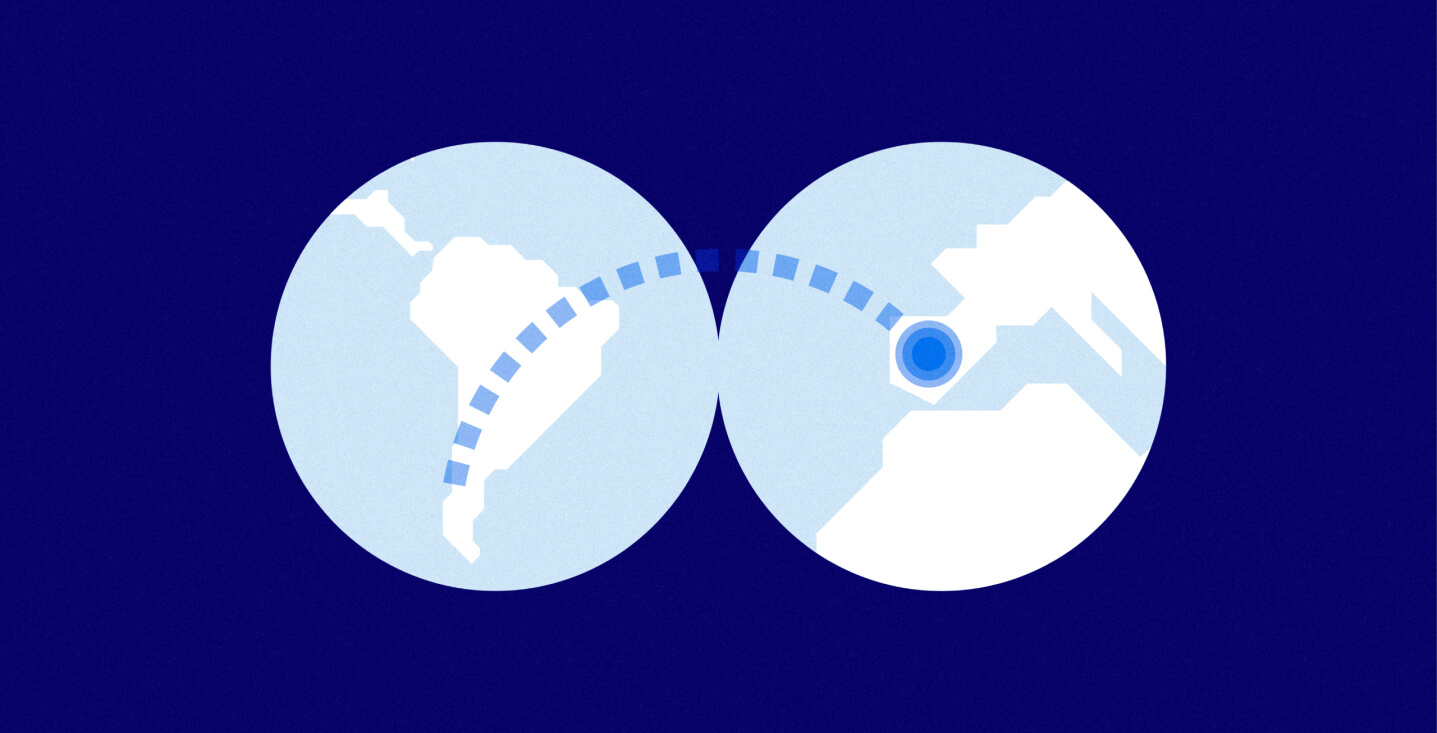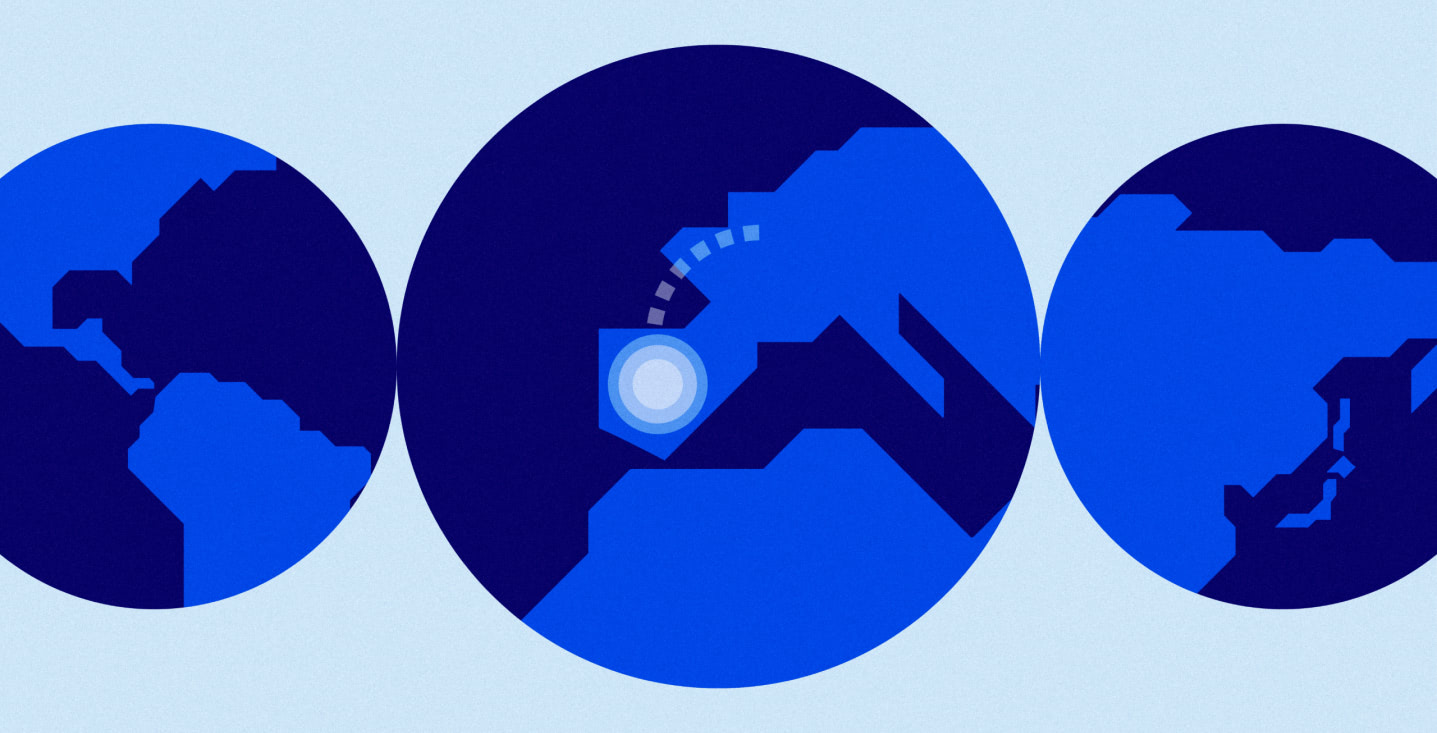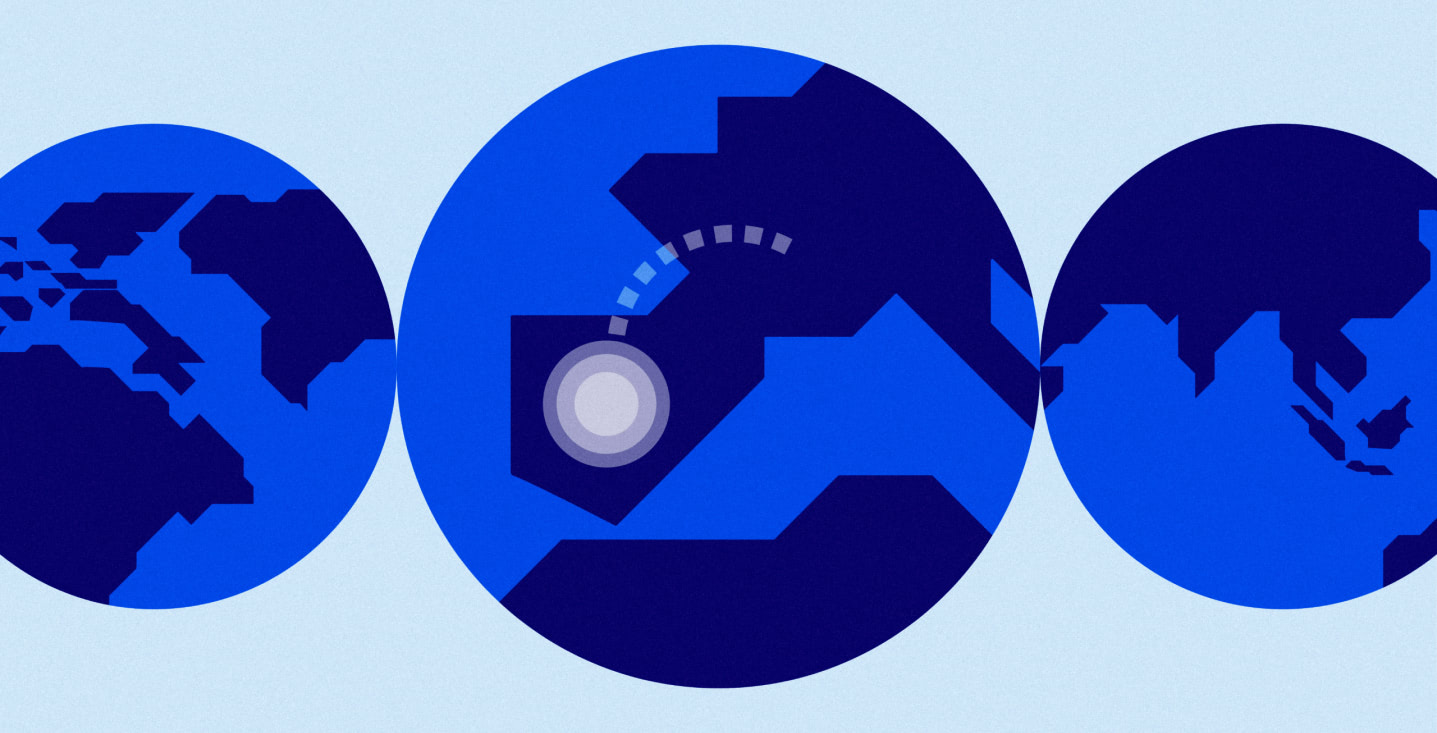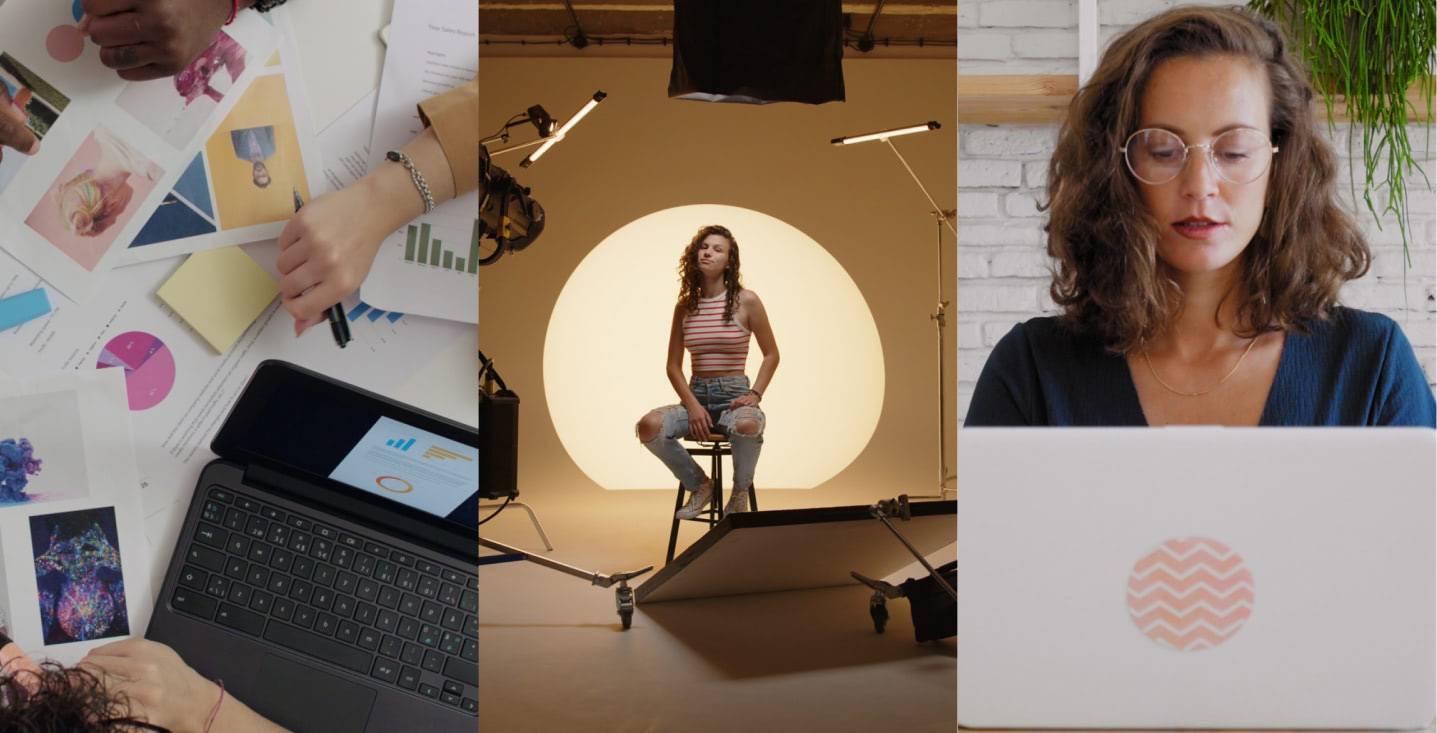08/11/2021
Santiago Rodriguez Senior, who teaches courses on legal thought and international dispute resolution at IE University, talks about what led him to international law and his thoughts on where the legal profession may be headed.
COVID-19 has given rise to a world that is more digital than ever before, making cross-border cooperation equal parts necessary and complex. In both tangible and invisible ways, globalization is growing, and countries are coming together not only to do business, but also to tackle shared problems such as climate change and sustainable energy and agriculture.
The legal field, as stands to reason, is changing and evolving to keep pace with these developing needs. IE University’s Master of Laws (LL.M.) offers professionals the opportunity to go deeper into the most pressing contemporary issues through a program that, among other possibilities, offers specializations in International Business Law, International Dispute Resolution and Intellectual Property & Technology Law.

We had the fantastic opportunity to chat with Santiago Rodriguez Senior about global trends in the legal field and his own experience with choosing an international focus within the law profession.
Santiago is just one of the many IE Law School professors who are actively practicing law at the forefront of their fields. He currently teaches the Introduction to International Dispute Resolution course, which is part of the Master of Laws (LL.M.).
Tell us a little about yourself.
I am an associate at Madrid law firm Uría Menéndez, specializing in International Commercial and Investment Arbitration. I have an LL.B. from the Universidad Católica Andrés Bello (Venezuela), a J.D. from the University of Miami School of Law, and an LL.M. from Northwestern Pritzker School of Law. While living in Venezuela, I worked in domestic litigation and investment disputes representing private parties against the state of Venezuela. I now work at Uría Menéndez’ International Arbitration Practice Group, representing private parties and states in commercial and investment disputes regarding renewable energy, construction and public international law.
When did you choose international arbitration? What was the crossroad in your life?
I would have to say my experience working in investment arbitration in Venezuela really set my course. Living in Venezuela gives any aspiring lawyer a sense of frustration, seeing how the rule of law has been decimated. However, I began working at a law firm while in law school, and it was there where I was first exposed to investment arbitration. I was immediately hooked by the idea that you could find recourse against states in foreign jurisdictions.
Why do you consider International Arbitration & Dispute Resolution to be so important in today’s world?
The world is becoming more and more globalized every day. The pandemic showed us that even an issue that starts off in a remote place can have a ripple effect in the rest of the world. States (even Western ones) are becoming more and more restrictive when it comes to foreign investments. In such a dynamic world, arbitration becomes a helpful tool for investors, offering them a way out in case of emergencies. For better or worse, dispute resolution lawyers will always be needed—and even more so in times of crisis.
What essential skills or characteristics should a dispute resolution lawyer have?
In my career, I’ve had the privilege to work with great lawyers who’ve taught me many lessons. One takeaway I have is that the best lawyers don’t necessarily have mastery of every aspect of the practice, but rather, they excel in what comes naturally to them. Some lawyers may naturally be very detail-orientated, others are gifted drafters and others may be very intellectual and have a profound understanding of the law. There is no secret sauce. It’s always best to have as many skills as possible, but it’s also okay to be good at some things but not at everything.
What do you foresee for the future of arbitration? What key trends do you anticipate in the next five years?
No one has a crystal ball to tell the future, but I think there are some current trends that may keep growing. For example, after the Achmea decision, the EU seems to want to double down against foreign investment treaties between EU members. I believe we might see more and more decisions by the EU that restrict investments between EU members in EU countries. Disputes involving climate change will likely be another rising trend.
Natural disasters, growing regulations against fossil fuels, and increased investments in renewable energies will likely expand in the coming years—and with them, the disputes surrounding investments affected by these issues.
What advice would you give to young lawyers starting their career in this area?
International arbitration is particularly unique in the sense that it seems that you need to bulk up your CV from the time you are a student in arbitration-related matters (i.e. participating in moot courts, drafting articles, etc.). Take a deep breath and don’t get overwhelmed; be persistent in one or two things and be sure to excel at them. The rest will come naturally.
What are some key sectors and industries in the practice of arbitration and IDR?
I would have to say that disputes involving energy and construction are a huge part of the practice.
What were the main difficulties you experienced practicing in different jurisdictions?
I have practiced in Venezuela and in Spain, and there are evident differences between the two. Even though the substantive law is very similar (derived from Roman law), the day-to-day practice is very different. Things in Spain work—they are predictable, and lawyers can plan accordingly. In Venezuela, well… not so much.
Any book recommendations for those interested in International Arbitration and Dispute Resolution?
The two most essential books for any dispute resolution lawyer are Redfern and Hunter on International Arbitration and International Commercial Arbitration by Gary Born.
What has been one highlight of your career?
The first case I won. Trials may last more than two years, and being rewarded with a full victory after so much hard work is exhilarating.








